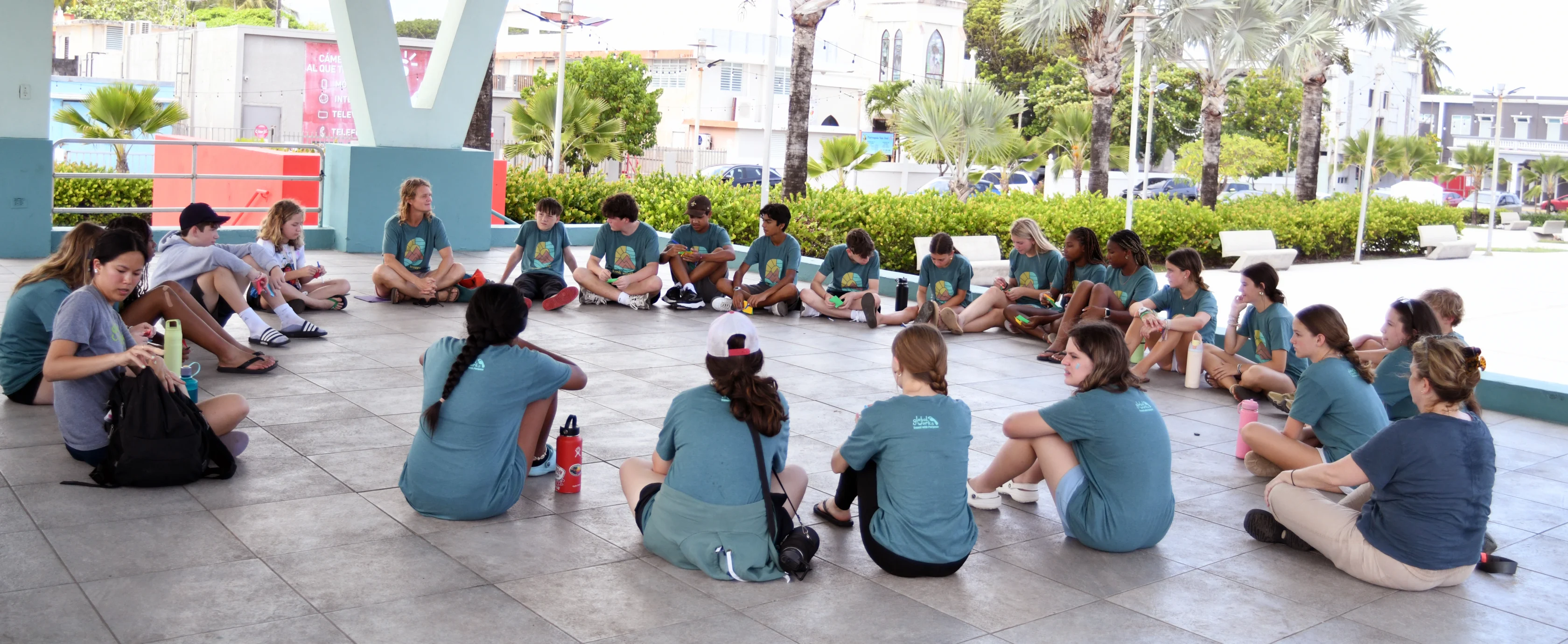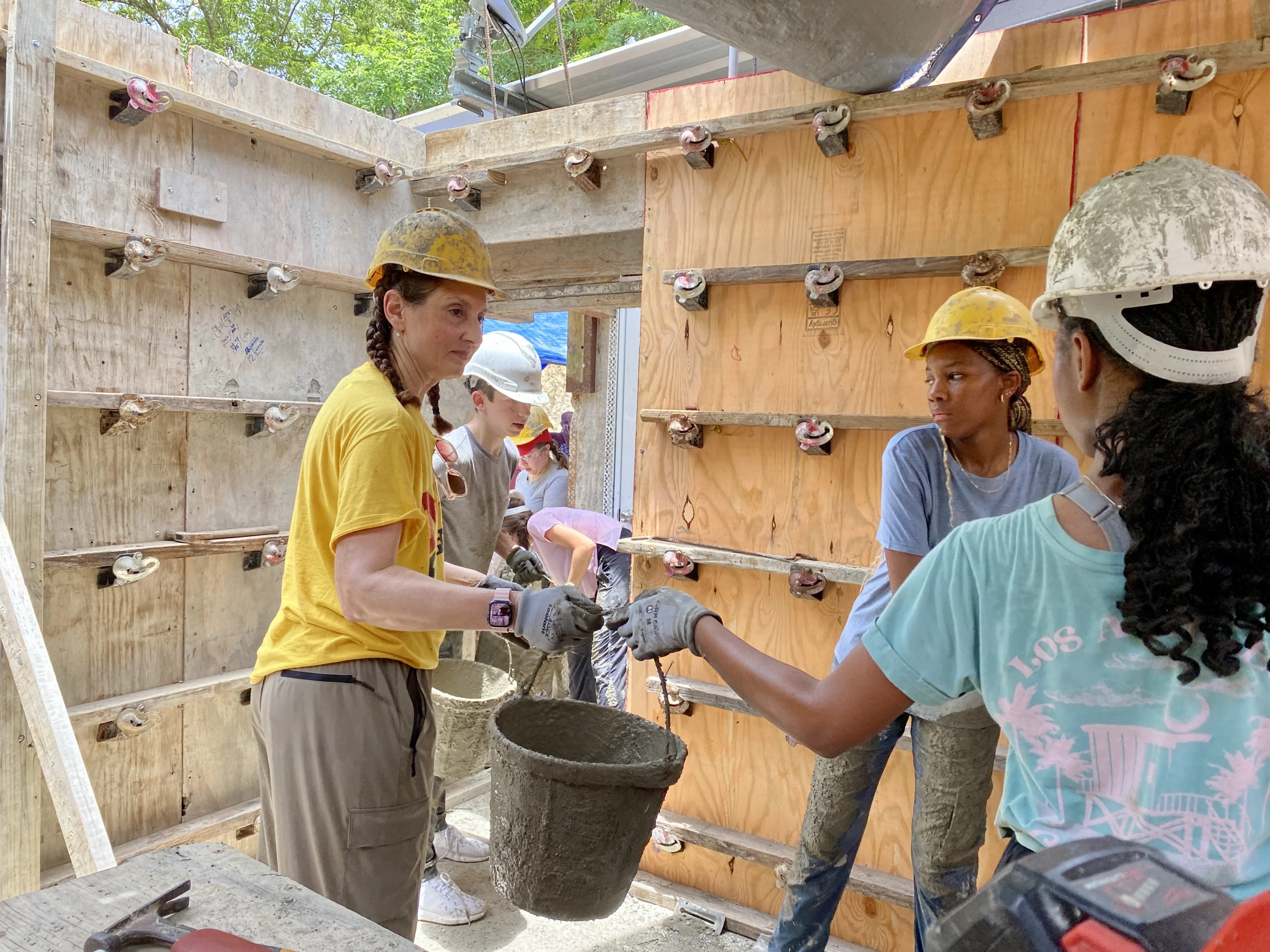Before You Board the Plane: 3 Rules Every Trip Chaperone Should Know on a Student Trip

Leading a student trip can be one of the most meaningful – and demanding – parts of teaching. At Global Works, we believe risk management isn’t just about safety checklists. It’s about caring for people, nurturing awareness, and creating a culture of trust before the trip even begins.
When students travel with adults, chaperones become mentors, role models, and anchors in unfamiliar territory. The most effective approach to risk management blends preparedness with compassion, creating the conditions for real learning and connection.
To understand what teachers should know on a student trip, here are three guiding principles that can help every trip chaperone travel with calm and confidence.
1. Lead with Intention
Leadership on the road begins with clarity and calm. Before departure, set a tone of respect and teamwork. Talk openly with your group about what it means to travel responsibly and look out for one another.
From our teacher manual: Every moment is an opportunity to model the balance between adventure and awareness. When students see that balance in you, they mirror it in one another.
2. Care for the Whole Traveler
A safe trip is also a healthy one. Encourage hydration, rest, and open communication about how everyone’s doing. Build in small pauses for reflection or journaling; they’re as essential as first-aid kits. Be proactive noticing the quiet student who’s tired, or the one who seems uneasy in a new environment. Those simple moments of attention are the best kind of risk management.
3. Communicate with Heart
When something unexpected happens, and it will, communication grounded in empathy keeps the group steady. Maintain clear lines with your trip leaders, local contacts, and parents, but remember that tone matters as much as timing. As the manual reminds teachers: calm is contagious. Kind communication builds trust faster than any protocol ever could.
When trip chaperones prepare with intention and lead with heart, they do more than manage risk, they create the kind of experiences that students will carry for a lifetime.
And remember: chaperones never lead alone. Every Global Works program is supported by experienced Trip Leaders who are with your group 24/7 – guiding activities, managing logistics, and offering steady support whenever it’s needed. Just as importantly, our Trip Leaders connect with students, build trusting relationships, and help shape a positive group culture. You bring the deep understanding of your students; we bring decades of travel expertise. Together, we create the kind of supportive team that allows meaningful, life-changing travel to happen.



